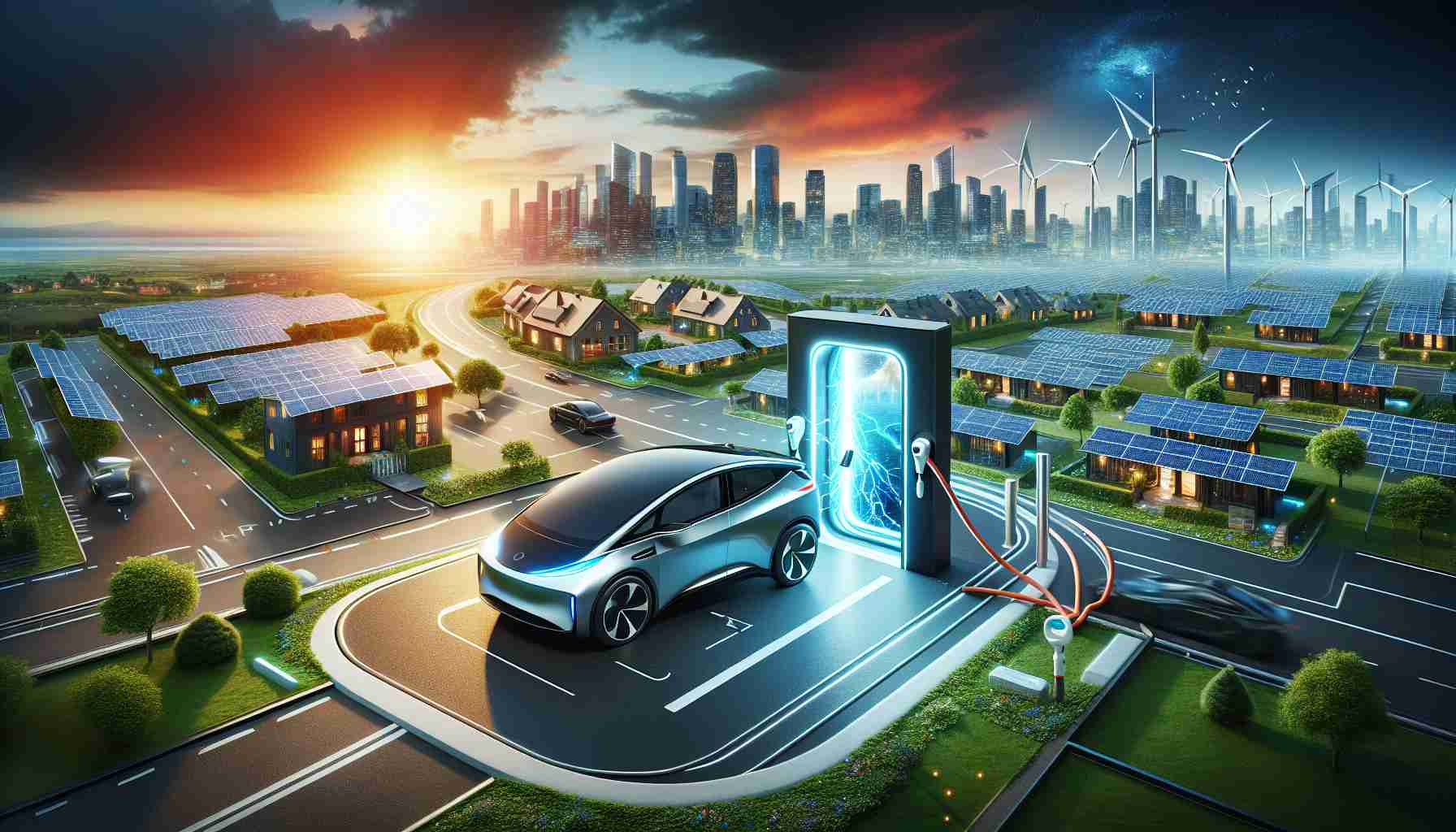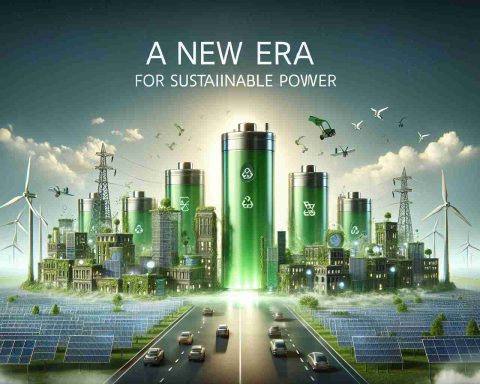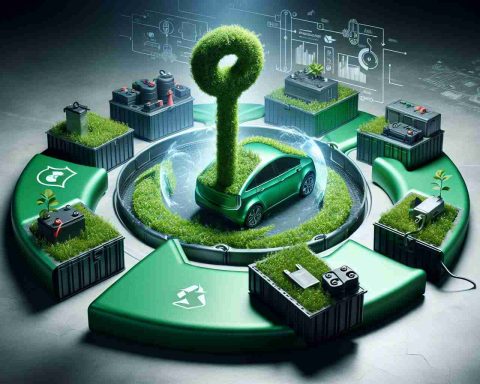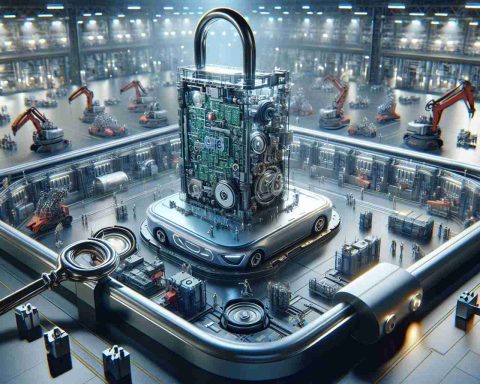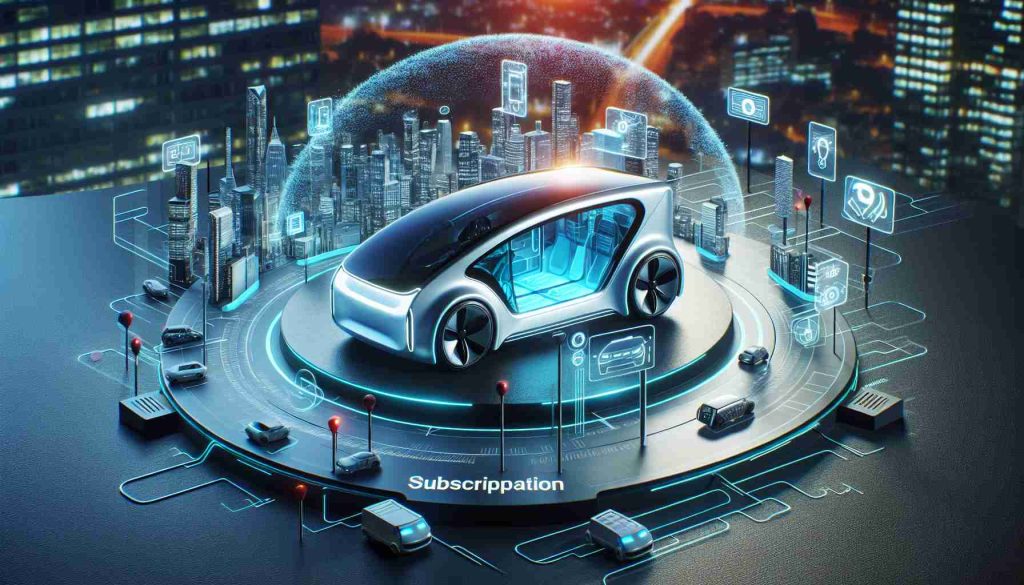- The success of electric vehicles (EVs) heavily relies on battery technology, which must be efficient, lightweight, and safe.
- Lithium-Ion batteries are currently the most popular choice for EVs, favored for their high energy density but challenged by safety concerns and costs.
- Solid-state batteries are emerging as a potentially safer and more efficient alternative, utilizing solid electrolytes.
- China dominates the global battery market, producing 60% of all batteries and a majority of key materials.
- By 2040, global demand for batteries is expected to exceed 2000 GWh, prompting international manufacturers to ramp up production.
- Ethical sourcing of critical minerals like Lithium and Cobalt is crucial for a sustainable future.
Electric vehicles (EVs) are revolutionizing the roads, but their success hinges on one vital component: the battery. A well-sized, efficient, and lightweight battery ensures that EVs can travel further without compromising safety. With the racing demand for EVs, understanding battery technology has never been more crucial.
Lithium-Ion batteries dominate today’s EV market thanks to their superior energy density and lightweight design. However, they do come with drawbacks, such as spontaneous combustion and higher costs compared to alternatives like NiMH. As manufacturers push the boundaries of innovation, the spotlight is gradually shifting toward solid-state batteries, poised to offer enhanced safety and efficiency with solid electrolytes.
China leads the global race in battery production, claiming a stunning 60% of the market and an overwhelming majority of cathode and anode materials. As consumer demand skyrockets—expected to surpass 2000 GWh by 2040—manufacturers from around the world, including Korea and the US, are scrambling to keep up.
Join the quest for sustainability, as the world eyes critical mineral resources like Lithium and Cobalt. Australia and Chile dominate Lithium production, while Africa and South America host a goldmine of essential minerals. As the planet works towards a net-zero future, prioritizing ethical sourcing and community consent in mining initiatives will be integral.
The key takeaway? The future of transportation lies in battery innovation—let’s embrace the possibilities!
The Next Frontier: Exploring the Future of Electric Vehicle Batteries
Electric vehicles (EVs) are not just transforming transportation; they are also unlocking advancements in battery technology, a crucial element for their continued success. As demand for EVs surges, detailed innovations and market dynamics regarding batteries emerge as pivotal discussions.
Innovations in Battery Technology
1. Solid-State Batteries: Unlike traditional lithium-ion batteries which use liquid electrolytes, solid-state batteries utilize solid electrolytes, reducing the risk of fires and improving energy density. Major automakers, including Toyota and QuantumScape, are investing heavily in this technology, which promises to deliver a higher range and faster charging times.
2. Battery Recycling: As the market for EVs grows, the need for sustainable battery disposal and recycling becomes paramount. Companies are now focusing on closed-loop systems where used batteries are repurposed or recycled to recover valuable materials like lithium, nickel, and cobalt. This not only conserves resources but also reduces the environmental impact of mining.
3. Fast Charging Technologies: Advances in fast charging technologies are essential to enhance the EV user experience. Companies are developing ultra-rapid charging systems that can recharge batteries to 80% in under 15 minutes, significantly reducing downtime for EV drivers.
Market Forecast for EV Batteries
The global battery market is predicted to explode, with revenues for EV batteries expected to reach $200 billion by 2030. With an anticipated annual growth rate of over 20%, this sector is becoming increasingly competitive. North America and Europe are rising as significant players, investing in local production and strengthening supply chains to reduce dependency on Asian manufacturers.
Pros and Cons of Electric Vehicle Batteries
# Pros:
– Environmental Impact: Reduced carbon emissions when paired with renewable energy sources.
– Performance: Instant torque and smooth acceleration characteristic of electric motors.
– Lower Operating Costs: Reduced maintenance costs and less frequent repairs compared to internal combustion engines.
# Cons:
– Initial Costs: Higher upfront prices compared to gasoline vehicles.
– Range Anxiety: Limited range for some models and long charging times can deter potential buyers.
– Resource Dependence: Heavy reliance on specific minerals (lithium, cobalt) raises ethical and sustainability concerns.
Key Questions about Electric Vehicle Batteries
1. What are the main safety concerns associated with lithium-ion batteries?
Lithium-ion batteries can pose risks such as thermal runaway, which may lead to fires or explosions under certain conditions. Manufacturers are working on solutions like better battery management systems and adopting solid-state technologies to mitigate these risks.
2. How can battery recycling improve sustainability in the EV market?
Battery recycling allows for the recovery of critical minerals, reducing the need for mining and lowering the carbon footprint associated with battery production. This process also helps handle the growing volume of spent batteries as EV adoption increases.
3. What role does government policy play in the battery market?
Government policies can significantly impact battery production and technology adoption. Incentives for EV purchases, investments in battery research, and support for recycling initiatives are critical for fostering growth in this sector.
Suggested Related Links
– Energy Department
– Autotrader
– Forbes
